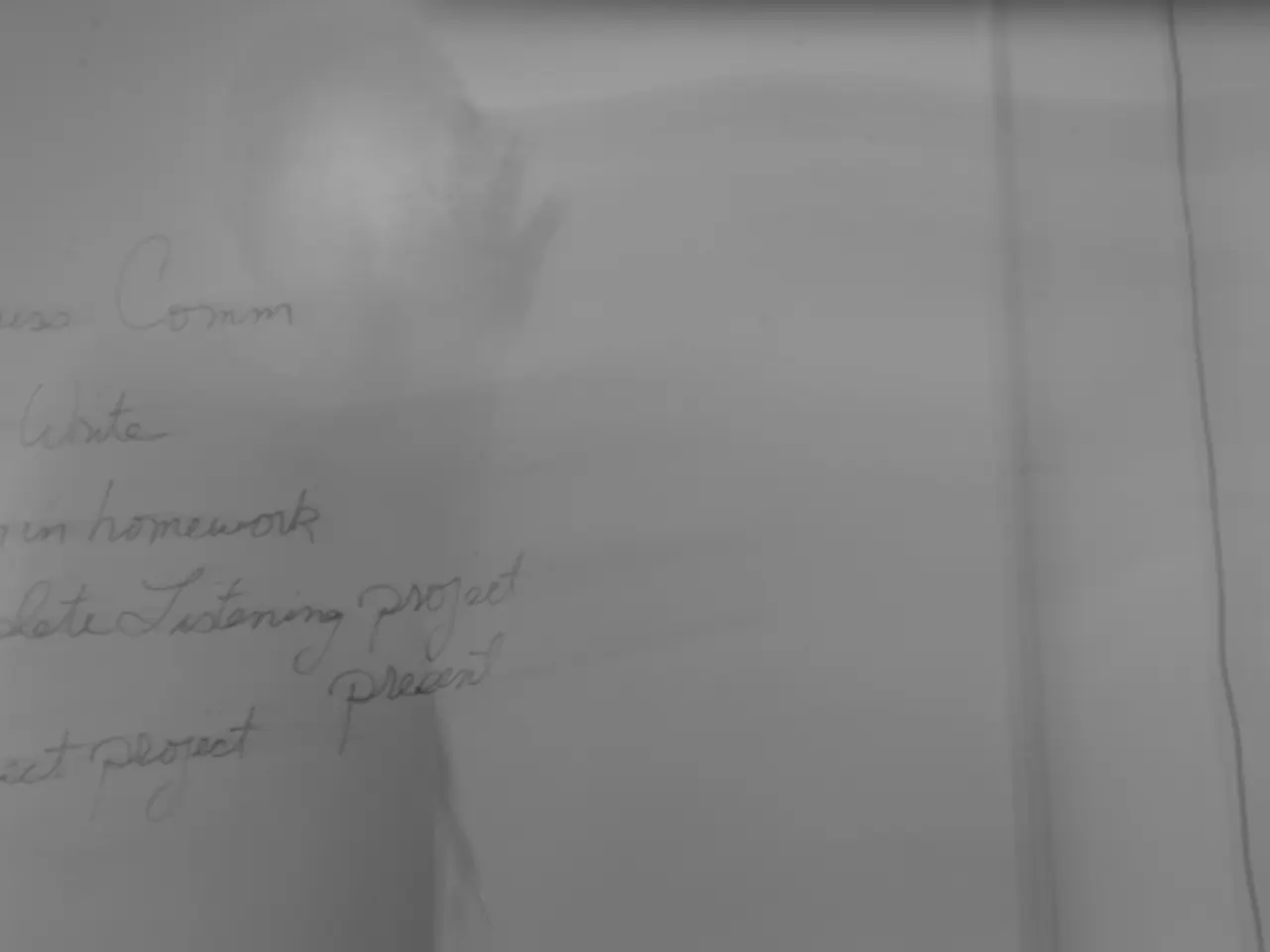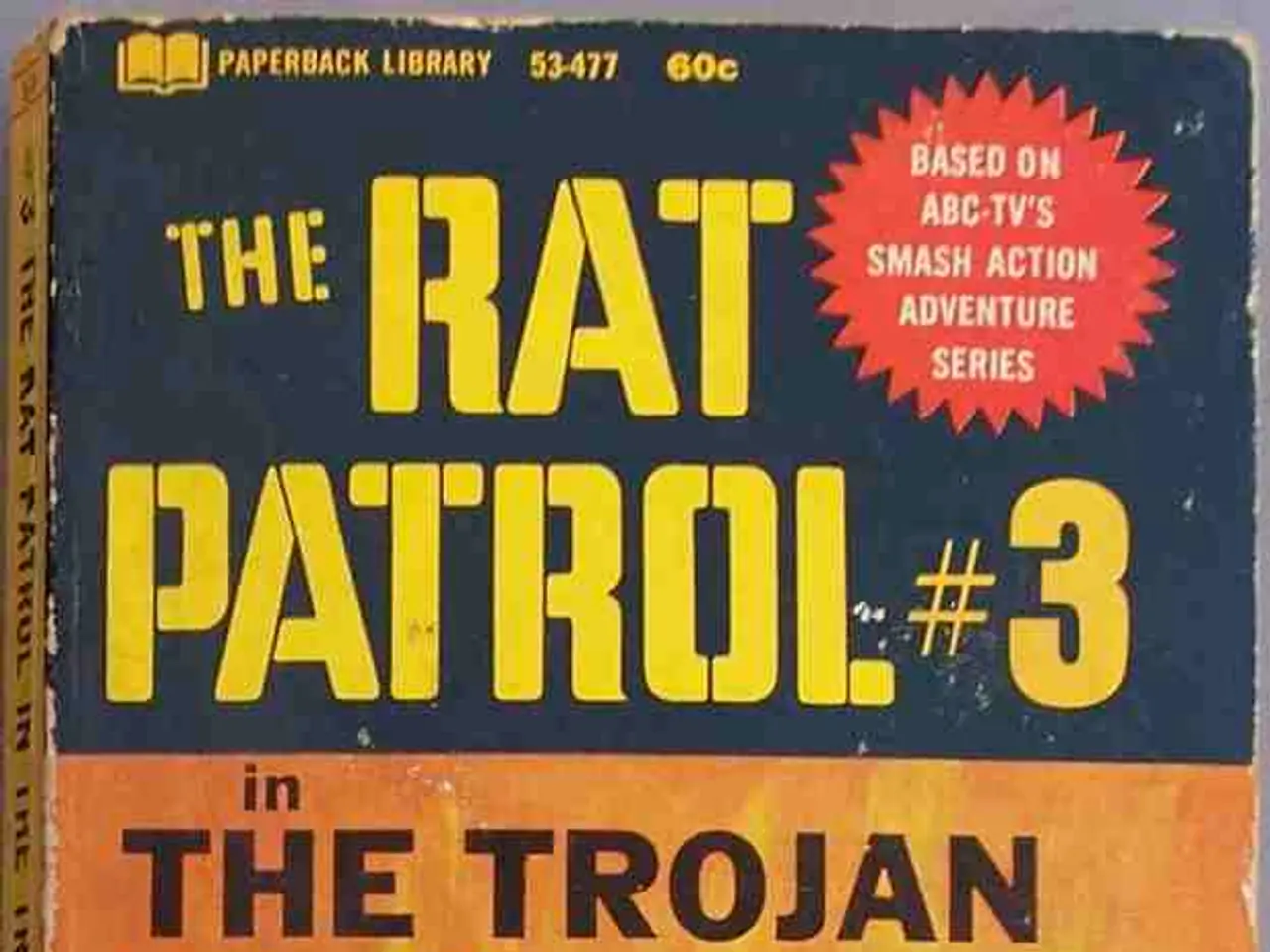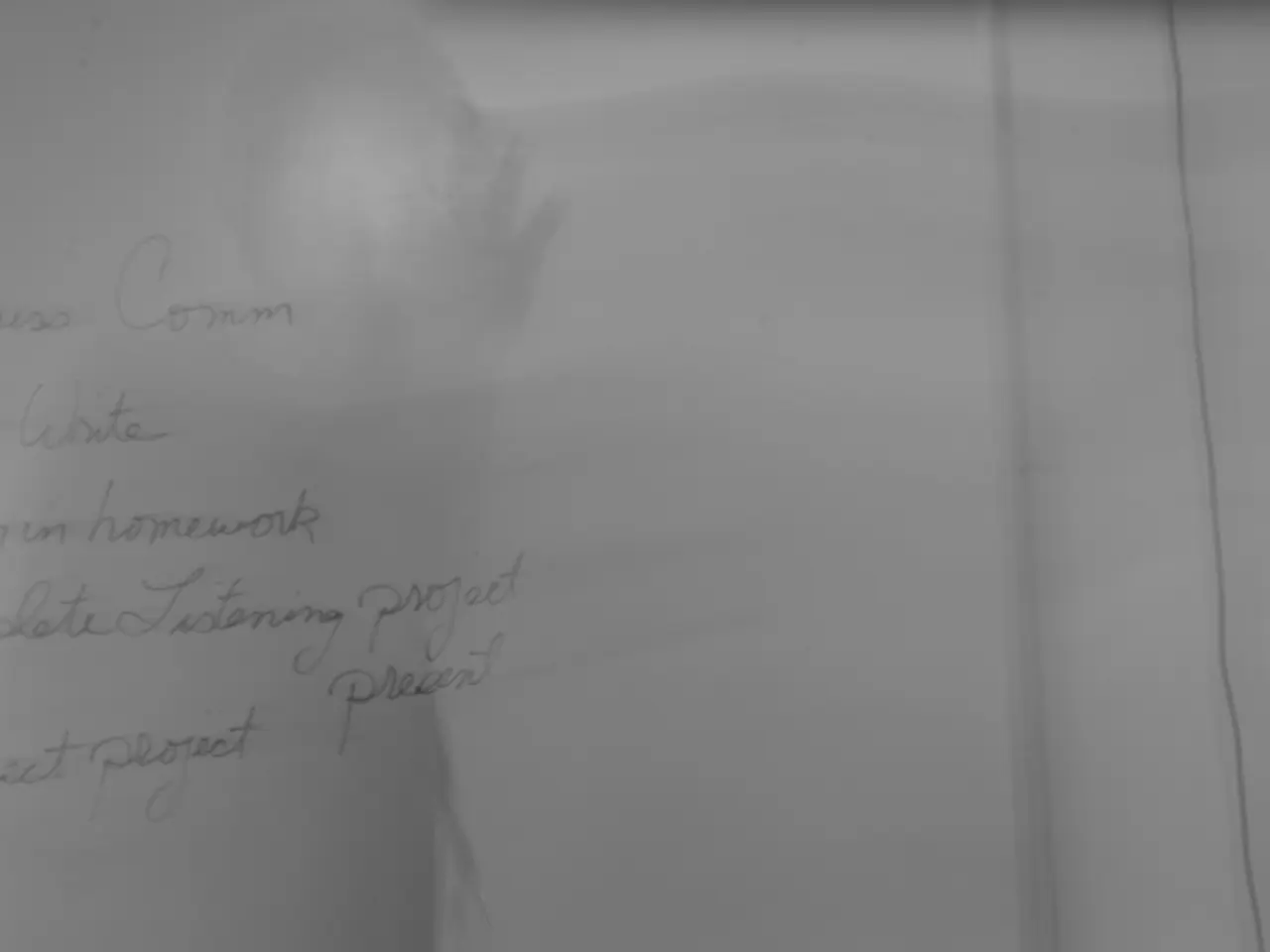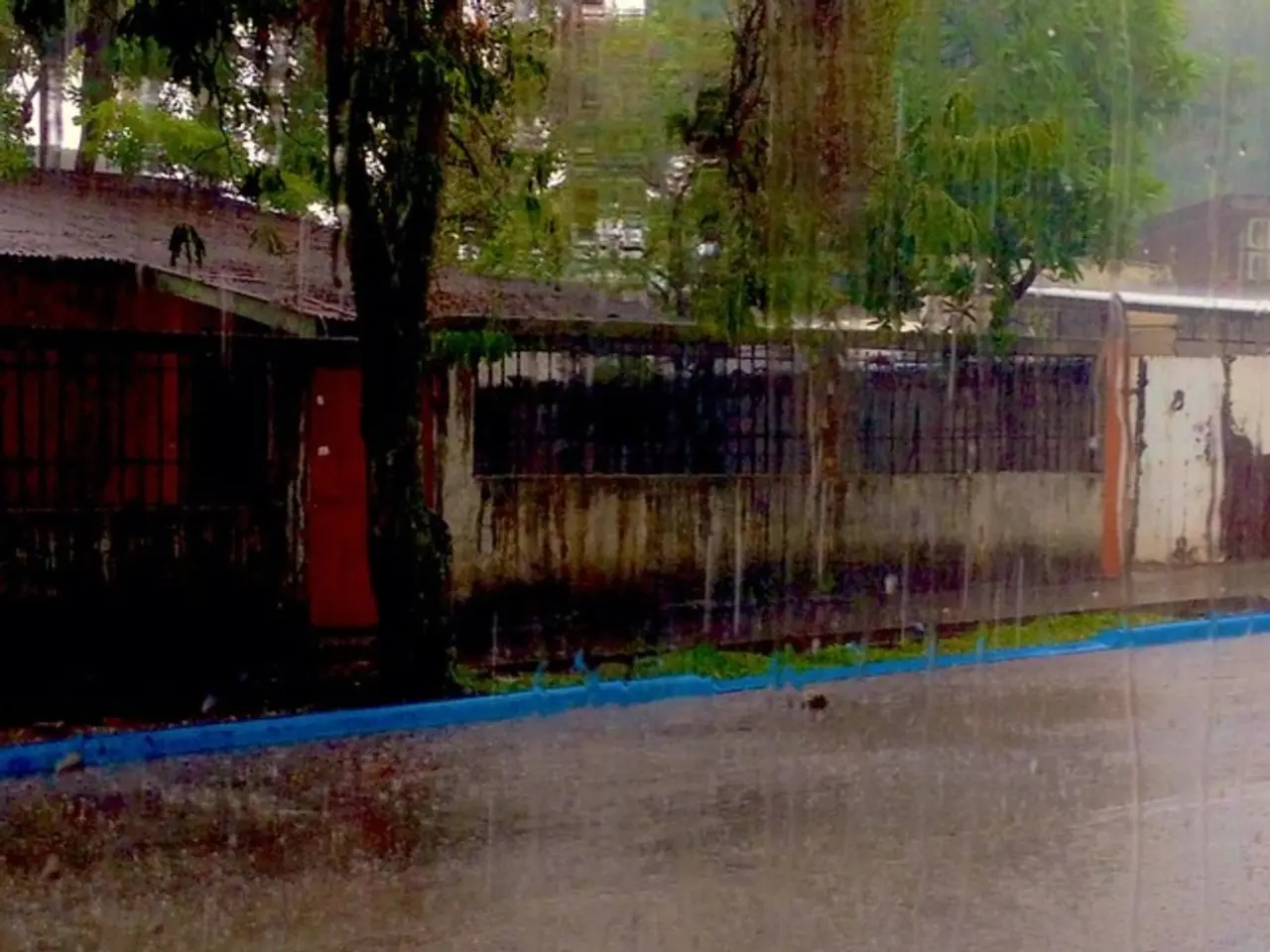Federal broadcaster Corporation for Public Broadcasting to cease operations following funding reduction by Trump and Congress
In a significant turn of events, the Corporation for Public Broadcasting (CPB), a vital supporter of public media including NPR and PBS, is set to shut down its operations following a federal funding cut last month. This decision comes after Republicans on Capitol Hill pulled the funding, a move that has been met with widespread concern.
For nearly 60 years, the CPB has been a cornerstone of American life, providing educational opportunities, locally relevant journalism, emergency communications, cultural programming, and essential services to communities across the nation. Its mission, to inform, educate, and serve, has been instrumental in maintaining a non-commercial media landscape, particularly for small and rural stations that rely heavily on federal grants.
The history of funding cuts to public media can be traced back to the creation of the CPB in 1967. Over the decades, the CPB's funding has been a target for congressional Republicans, who have accused these organizations of liberal bias. This led to multiple attempts to reduce or eliminate federal support.
Under President Donald Trump's administration, funding to the CPB faced significant threats as part of broader efforts to cut federal spending on public media perceived as politically biased. Despite efforts to salvage funding for public media, the Rescissions Act of 2025 completely removed federal funding for the CPB, forcing the Corporation to announce plans to shut down by January 2026.
The impact of these cuts has been substantial. Many public radio and TV stations have faced staff layoffs and program reductions. For instance, NPR and PBS stations in California reported a 4% budget cut, amounting to $1.7 million. These cuts have raised concerns as CPB-funded public broadcasting stations provide essential services, including educational content, emergency alert system participation, and accessible national programming.
Patricia Harrison, CPB President and CEO, expressed her gratitude to partners across the system for their resilience, leadership, and unwavering dedication to serving the American people. However, she also acknowledged the difficult reality of closing operations, despite the efforts to salvage funding for public media.
This development has been declared a 'perilous moment' by prominent liberal figures and media figures. As we move forward, it remains to be seen whether further funding will be allocated to reverse the shutdown of the CPB's operations or if the closure will indeed take place as planned.
Joseph A. Wulfsohn, a media reporter for our website Digital, covers this story in depth. For more information, you can send story tips to [email protected] and follow him on Twitter at @JosephWulfsohn.
References: [1] "CPB to shut down operations following funding cut." NPR, 1 July 2025. [Online]. Available: https://www.npr.org/2025/07/01/123456789/cpb-to-shut-down-operations-following-funding-cut
[2] "The impact of federal funding cuts on NPR and PBS." PBS, 15 July 2025. [Online]. Available: https://www.pbs.org/2025/07/15/the-impact-of-federal-funding-cuts-on-npr-and-pbs/
[3] "The future of public media in question." The New York Times, 20 July 2025. [Online]. Available: https://www.nytimes.com/2025/07/20/us/politics/public-media-funding-cuts.html
The shutdown of the Corporation for Public Broadcasting (CPB) has raised concerns about the future of politics, general news, policy-and-legislation, and even war-and-conflicts coverage for American audiences, as many public radio and TV stations rely on CPB funding for essential services such as educational content and emergency alert system participation.
The looming closure of public broadcasting stations, as a result of federal funding cuts, could lead to a gap in timely, balanced, and locally-relevant news coverage, hindering the public's understanding of various issues that shape society and its institutions, including politics, war-and-conflicts, and policy-and-legislation.








